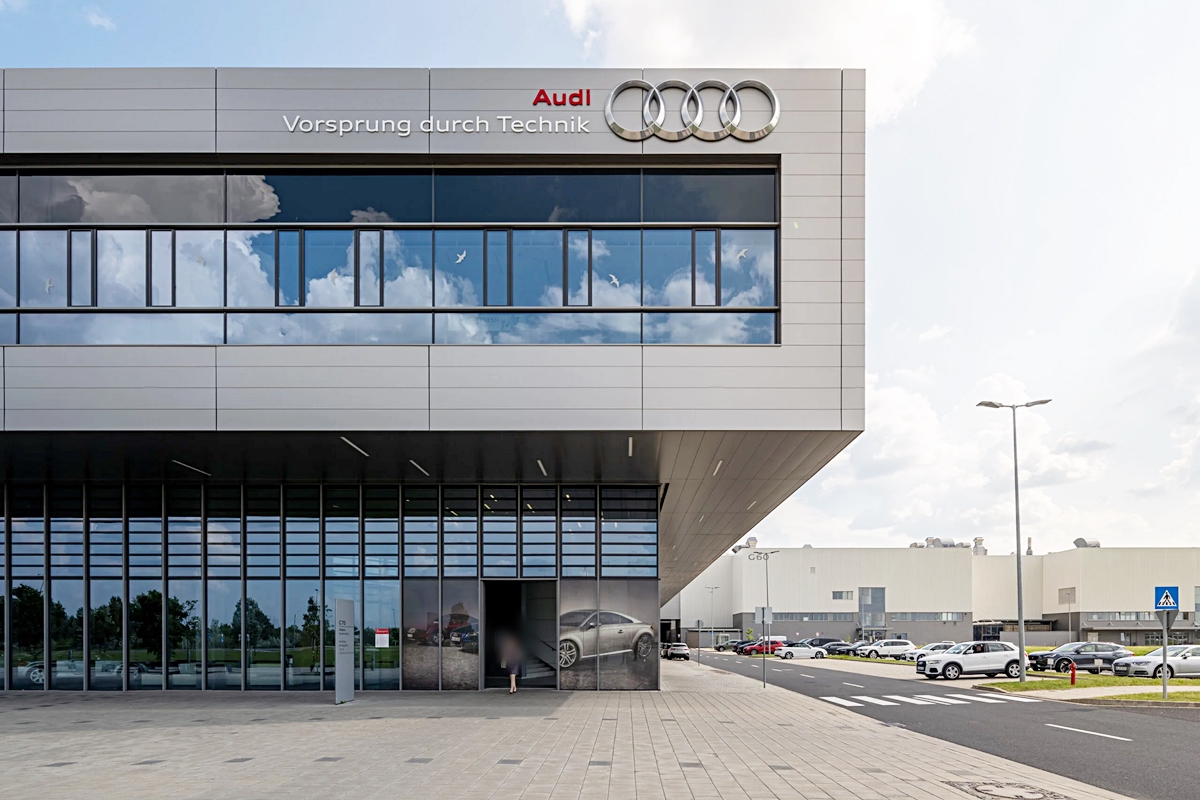
Earlier this month, U.S. President Donald Trump announced a 25% additional tariff on imported cars, causing major disruptions across the automotive market. Audi, which does not have a separate production base in the U.S., relies entirely on imports from overseas factories in Europe and Mexico. This situation is expected to significantly impact the overall North American supply chain, as Audi has decided to suspend exports to the U.S completely.
In a statement, Audi requested the seizure of all vehicles arriving in the U.S. after April 2. Reports indicate that the company instructed its dealers to focus on selling existing inventory, and some view this as part of a broader policy response that could impact global trade.


Audi’s Lack of U.S. Production Reveals Vulnerabilities
Audi has targeted the demand for luxury sedans and SUVs in the U.S. market as a premium brand within the Volkswagen Group. However, this crisis has highlighted the weaknesses in its strategy of not localizing production. Competitors like BMW and Mercedes-Benz maintain stable production and supply of some SUVs through their U.S. factories, while Audi’s high dependence on imports makes it particularly vulnerable to logistics disruptions.
The issue extends beyond Audi alone. The U.S. government’s tightening regulations on imported cars could affect all German automotive brands. Since Mercedes-Benz and BMW still produce a significant portion of their sedans and high-performance models in Europe, it seems inevitable that these brands will also need to adjust their strategies for expanding local production or simplifying import procedures in the long term.
Audi stated that over 37,000 vehicles remain in stock in the U.S. that are not affected by the new tariffs, which is enough to sustain sales for about two months. Audi has no domestic production facilities in the U.S. and relies entirely on imports for all vehicles sold there. Notably, the Q5, one of the most popular SUVs in the U.S., is produced in a factory in Mexico, while several other key models are manufactured in Germany, Hungary, and Slovakia.


Despite this, Audi maintains a relatively stable presence in the Korean market. South Korea is one of the key global markets Audi headquarters considers strategically necessary, and the company plans to introduce various new models, including the new S5. In particular, they will enhance their lineup of luxury sedans and SUVs, aligning with the expansion of their eco-friendly electrification initiatives.
South Korean consumers tend to prefer vehicles produced in Europe, and the import logistics operate more reliably than in North America, making the market relatively protected from similar risks. Audi Korea has been accelerating its focus on EVs, including the E-Tron series, with continued support from its headquarters in Germany.
However, due to the recent tariff measures, the stability of supply chains and the predictability of trade policies will directly affect corporate competitiveness. Consequently, premium German brands like Audi will likely need different strategic responses in North America and Asia. Some have expressed concerns that Audi’s recent move could reduce options for U.S. consumers and further escalate trade tensions between Germany and the United States.
























